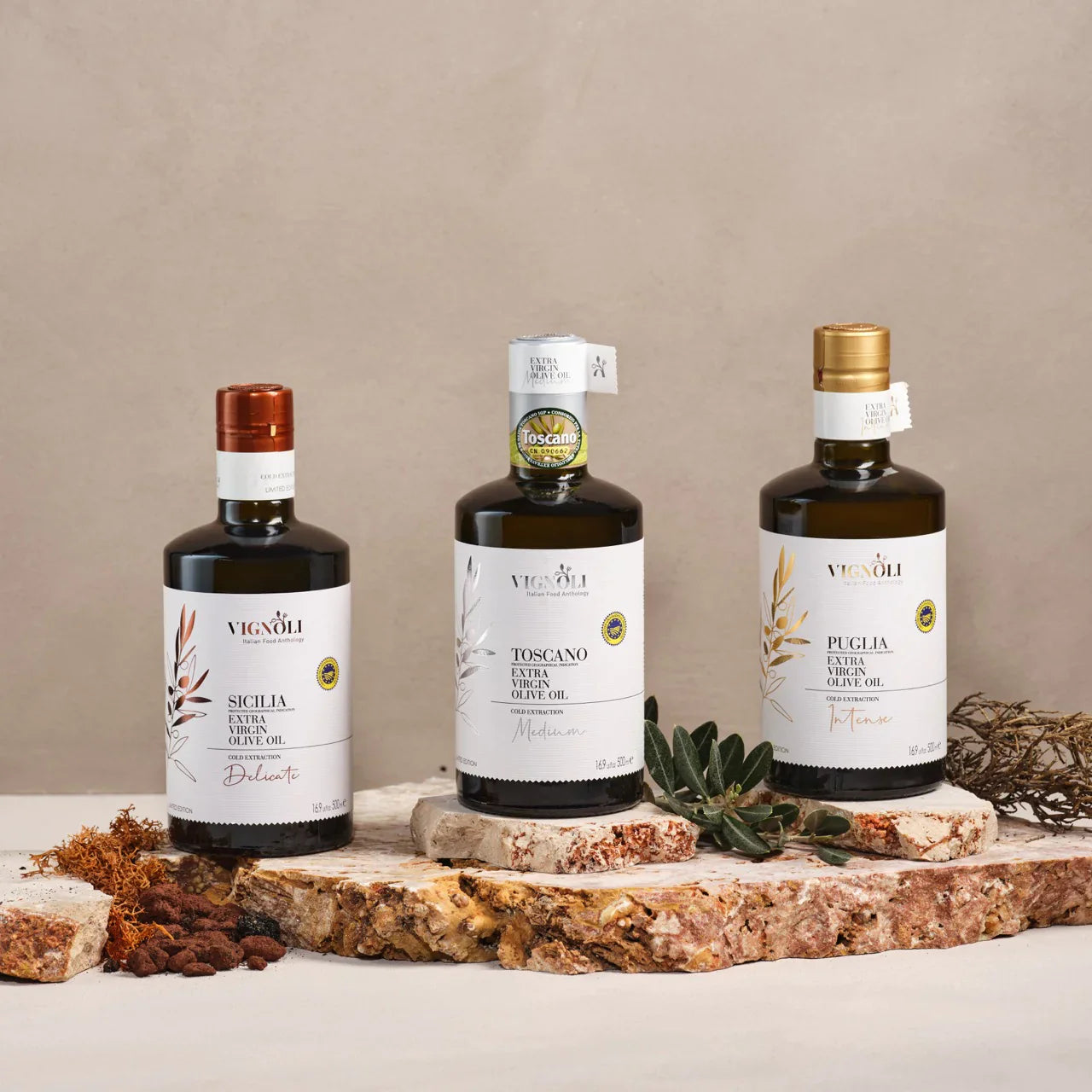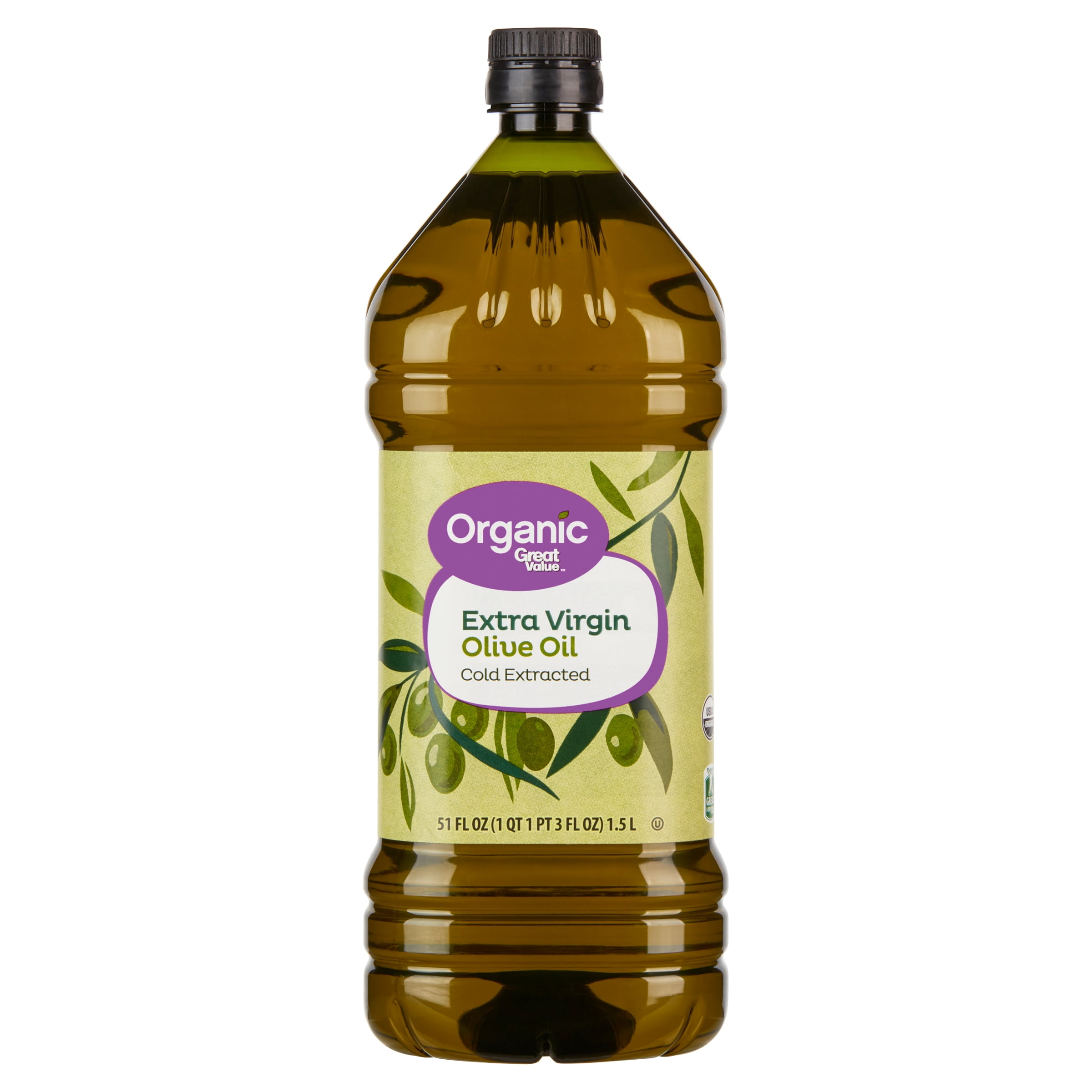Extra Virgin Olive Oil Benefits: A Simple Addition to Boost Your Immune System
Extra Virgin Olive Oil Benefits: A Simple Addition to Boost Your Immune System
Blog Article
Exploring the Various Kinds Of Olive Oil and Their Usages, Consisting Of Extra Virgin Olive Oil
The exploration of olive oil includes a varied variety of types, each offering unique flavors and culinary applications. Additional virgin olive oil, renowned for its superior top quality and health benefits, offers as a staple in several kitchens, yet it is just one element of this multifaceted component.
What Is Olive Oil?
Derived from the fruit of the olive tree, olive oil is a staple in Mediterranean food and a vital ingredient in various culinary applications. This flexible oil is created by pressing entire olives, leading to a liquid that varies in fragrance, shade, and flavor depending on the kind of olives utilized, the area of cultivation, and the removal process. Olive oil is primarily made up of monounsaturated fats, specifically oleic acid, which is understood for its possible health benefits, including anti-inflammatory homes and cardio assistance.
In addition to its culinary usages, olive oil has a long history of application in conventional medication and skin care, owing to its abundant antioxidant content (extra virgin olive oil benefits). The oil is commonly utilized in dressings, marinates, and for cooking approaches such as sautéing and roasting. Its distinctive flavor profile can improve the preference of different meals, making it an essential ingredient for both home chefs and expert cooks
Moreover, olive oil is celebrated for its role in the Mediterranean diet plan, which is connected with various wellness benefits. As recognition of these benefits grows, olive oil remains to acquire popularity worldwide as an essential element of a healthy lifestyle.
Kinds Of Olive Oil
Understanding the numerous kinds of olive oil is necessary for both culinary enthusiasts and health-conscious consumers. Olive oil is classified mostly based on its removal approach and top quality, which considerably influences its taste, scent, and health advantages.

Light olive oil, despite its name, describes a lighter taste and not lower calories. It is perfect for those seeking a more subtle taste in dressings and marinates. In addition, there are flavored olive oils infused with herbs, seasonings, or citrus, which can improve meals without the requirement for additional spices.
Each sort of olive oil serves details culinary objectives, and recognizing these differences permits consumers to make educated choices that align with their food preparation designs and wellness objectives.
Additional Virgin Olive Oil
Extra virgin olive oil (EVOO) is commonly considered as the finest olive oil available, well known for its rich taste and many wellness benefits. To be classified as additional virgin, the oil should be created from fresh olives making use of mechanical procedures, without making use of solvents or extreme warmth. This meticulous method protects the oil's all-natural tastes, anti-oxidants, and healthy and balanced fats, resulting in a product with a reduced acidity degree of much less than 0.8%.
EVOO is plentiful in monounsaturated fats, especially oleic acid, which is connected to reduced swelling and improved heart click health and wellness. It additionally has polyphenols, effective anti-oxidants that may use protective effects against persistent diseases. The flavor profile of EVOO can vary considerably depending on the olive range and area of manufacturing, varying from fruity and verdant to robust and peppery.

Culinary Utilizes of Olive Oil

In food preparation, olive oil can be made use of for sautéing, toasting, and barbecuing, providing a much healthier alternative to butter or other fats. Its high smoke factor makes it appropriate for various cooking approaches, while its anti-oxidants add to a heart-healthy diet regimen. Sprinkling olive oil over ended up meals, such as pasta, fish, or barbequed vegetables, can elevate tastes and add a touch of beauty.
Furthermore, olive oil plays a significant function in baking, where it can change conventional fats in dishes for bread and pastries, passing on wetness and a subtle preference. It additionally acts as a base for infused oils, permitting cooks to experiment with flavors such as garlic, herbs, or chili, further expanding its culinary capacity. Overall, olive oil's versatility makes it essential in a fantastic read both home and expert cooking areas.
Deciding On Top Quality Olive Oil
When selecting high quality olive oil, it's necessary to consider a number of key factors that affect the item's aroma, health and wellness, and taste advantages. Most importantly, choose for additional virgin olive oil (EVOO), which is stemmed from the first cold pushing of olives and consists of the highest degree of antioxidants and helpful compounds. Try to find oils that are certified by identified organizations, as this commonly makes sure adherence to stringent high quality requirements.
The product packaging also plays a significant function in protecting the oil's stability. Pick oils saved in dark glass bottles or tins to safeguard against light deterioration. Focus on the harvest date; fresher oils supply superior flavor and dietary worth, so pick items that are within 18 months of their harvest.
Additionally, take into consideration the origin of the oil. Top notch olive oils frequently come from details regions recognized for their distinct taste profiles, such as Italian, Spanish, or Greek oils. Be conscious of the preference; an excellent top quality olive oil need to have a balance of fruity, bitter, and peppery notes, indicating its richness and complexity. By assessing these aspects, you can guarantee you are selecting the very best olive oil for your look at this website cooking needs.
Conclusion
In summary, the expedition of numerous types of olive oil reveals distinctive qualities and applications, with additional virgin olive oil representing the peak of top quality due to its reduced acidity and high antioxidant material. Comprehending the different varieties of olive oil permits for educated choices in food preparation approaches, promoting much healthier practices while enhancing the general gastronomic experience.
Obtained from the fruit of the olive tree, olive oil is a staple in Mediterranean food and a vital active ingredient in numerous culinary applications.The most typical kinds of olive oil consist of improved olive oil, pure olive oil, and light olive oil.Extra virgin olive oil (EVOO) is extensively concerned as the greatest high quality olive oil offered, popular for its abundant flavor and many health advantages. Choose for added virgin olive oil (EVOO), which is derived from the first cold pressing of olives and contains the highest possible degrees of antioxidants and advantageous substances.In summary, the expedition of different kinds of olive oil reveals distinctive attributes and applications, with additional virgin olive oil representing the pinnacle of quality due to its low level of acidity and high antioxidant material.
Report this page